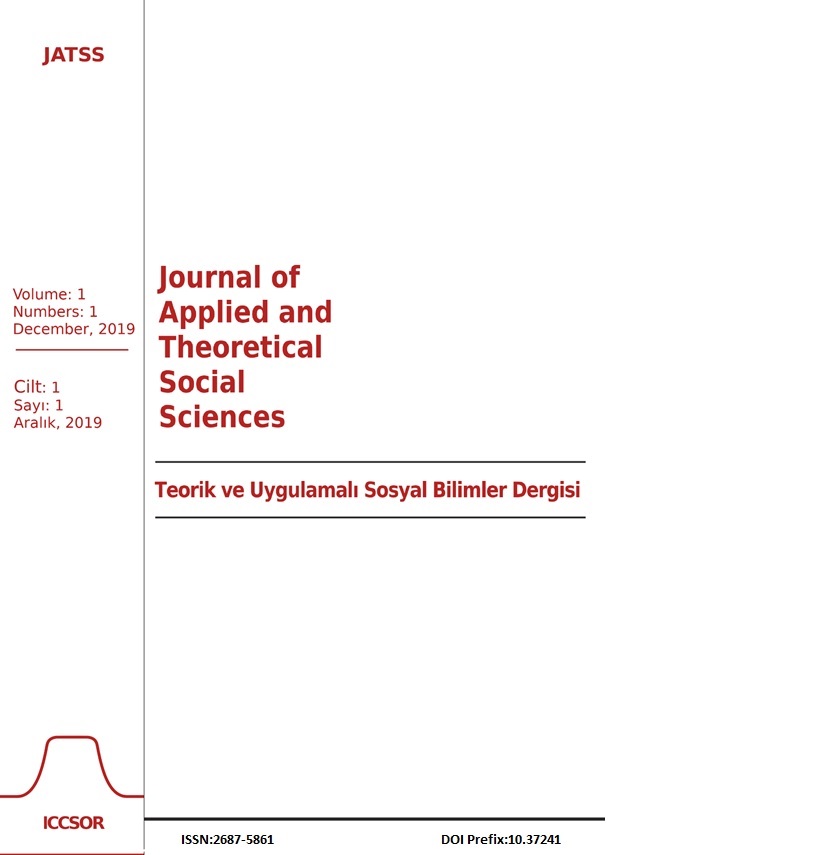
Teorik ve Uygulamalı Sosyal Bilimler Dergisi
Yazarlar: ["Şeyda Urfalıoğlu", "Ferda Yerdelen Tatoğlu"]
Konular:-
DOI:10.37241/jatss.2022.64
Anahtar Kelimeler:Public Expenditures,Economic Growth,Kónya Panel Causality,Test
Özet: Public expenditures are all expenditures made by states to fulfill their required demands, while economic growth is the rise in the market value of the country's final products and services produced during a certain time compared to the preceding one. The validity of the Wagner Hypothesis was examined in this study, which investigated the causality between public spending and economic development for 28 OECD countries from 1990 to 2020. Panel unit root and causality tests were chosen based on the results of cross-sectional correlation and heterogeneity testing. Following the stationarity test, the Kónya panel causality test produced findings for the whole panel as well as each country in the panel. According to the results, it was determined that the Keynes View was valid in some countries at some significance levels and that there was a causality between public spending and economic growth. However, the Wagner Hypothesis was not valid for the whole panel.